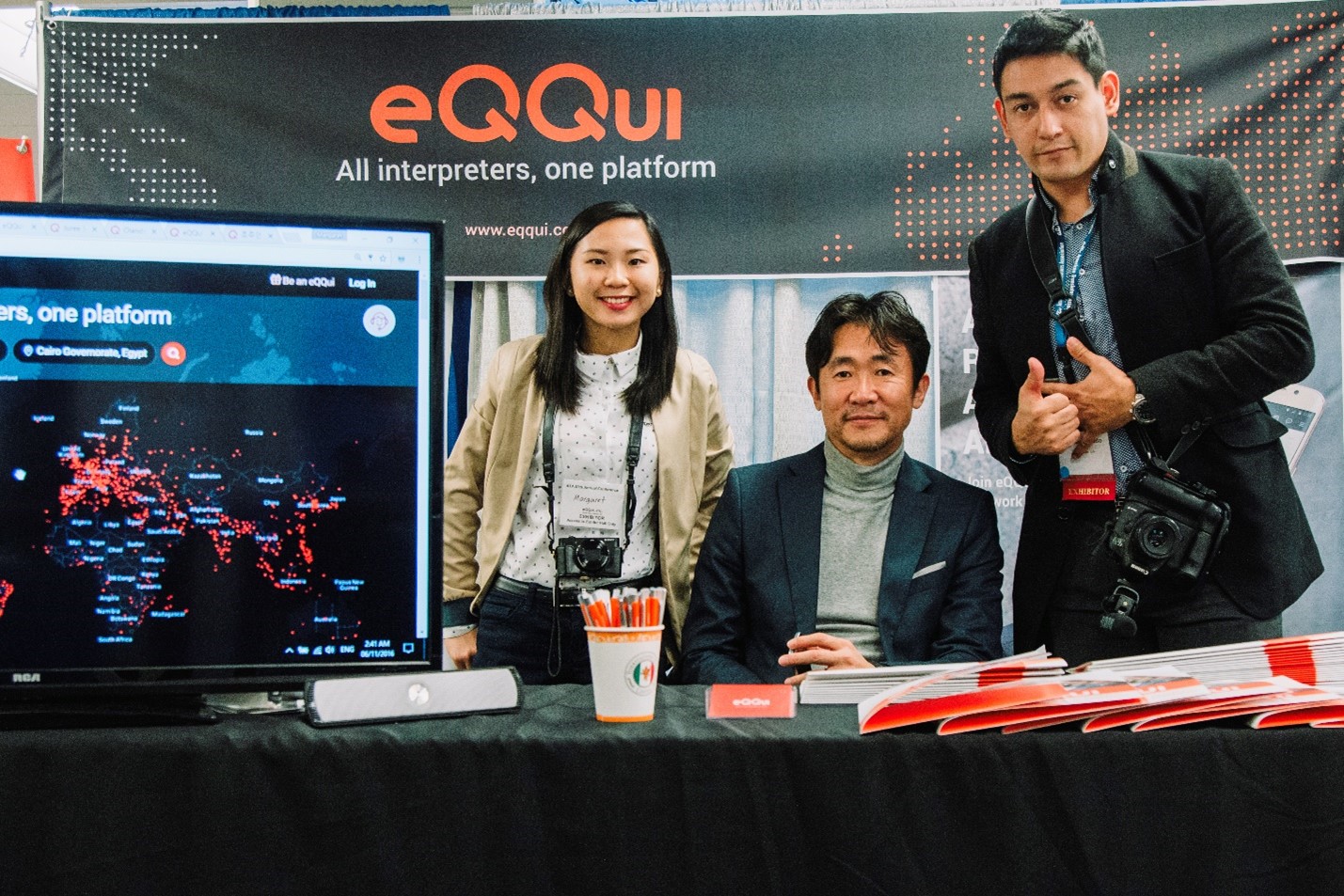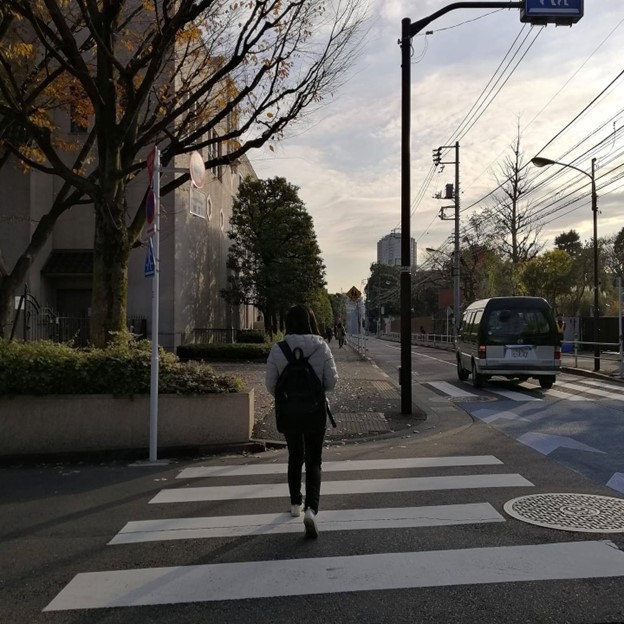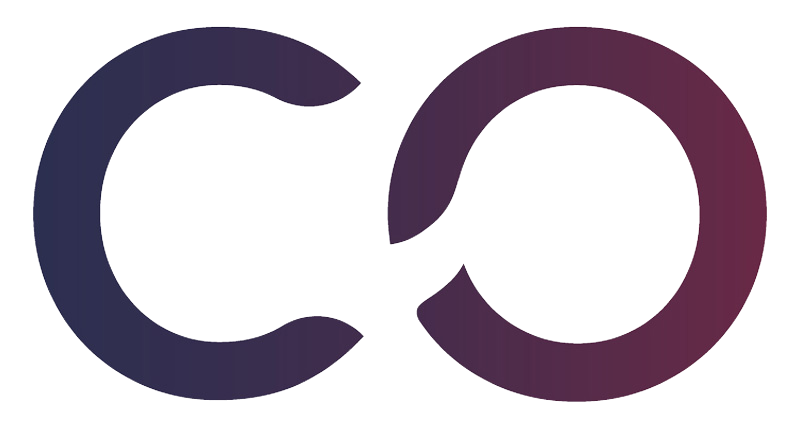With our localization project managers supervising every step of the localization process and working hand-in-hand with stakeholders, quality assurance, translators, linguists, and other internal resources, keeping everything together and everyone on the same page becomes possible. For this post, we interviewed Margaret Lim, Lexcode’s localization unit lead, and talked about her journey as a project manager, her thoughts on the industry, what a day in her life looks like, and what keeps her going.
Your Lexcode career is rife with changes, starting as a marketing assistant and now acting as a localization unit lead. Can you tell us more about this journey? How did it all happen?
I didn’t expect to become a project manager back then. As you mentioned, I started as a marketing assistant and, for this role, you are expected to welcome clients into the office and coordinate with project managers. I still remember how marketing assistants were placed near the office entrance so we would serve as a welcoming committee for the clients. From what I can remember, my project manager duties started one day when all the project managers had a convention, and they had to leave the office and go to another location, leaving me the only client-facing person in the office. They taught me the basics of project management so I could assist the clients while they were away. I got curious about this and started to ask more questions regarding processes. This, in turn, minimized the back and forth between the clients and project managers as I could already answer clients’ inquiries and concerns from the get-go.

What do you do in Lexcode as a localization unit lead?
As a localization unit lead, I’m basically responsible for the whole team. I must ensure that the day-to-day operations run smoothly—respected deadlines with high-quality output, constant work process improvement for more efficient and effective project management, and a harmonious work dynamic among my teams to ensure customer satisfaction and a high return and referral rate. If your people work harmoniously and happily, consistency in quality output is assured.
What do you like most about your job?
What I like about my job is that I get to see or hear about the outcome of a project. It gives me this sort of satisfaction that tells me we somehow made an impact on the client. On top of that, I enjoy the experience of speaking with different people from all walks of life and learning from them along the way.

Anything you don’t like about your job then?  And how do you manage it?
And how do you manage it?
Hmmm, it has to be the thought of having dissatisfied customers. I wouldn’t say I like talking to dissatisfied customers because that means that I have failed in my job. Failing to meet their expectations will mean it’d take a miracle to gain their trust back. Although unavoidable, I don’t enjoy the concept of “damage control,” and how you need to think of a last-minute solution to solve the problems identified. That’s why I do my best to understand the client’s requirements as my initial step. After that, I check to ensure all potential problems have their countermeasures. To do this, it’s important that everyone’s aligned and that there’s always open, honest, and proactive communication.
What made you interested in joining Lexcode and the localization industry as a whole?
Honestly, I didn’t know that there was such an industry before joining the company. When I was looking for a job, my primary goal was to get a job related to marketing, which was my major at university. However, during my stay in the company, I learned more about what Lexcode truly aspires and stands for and the extent and impact of the localization industry. I developed a passion for learning more, and now I’ve been in the company for seven years.
What makes a great project manager?
For me, it’s being able to manage the project well from start to finish and being able to deliver the output. When it comes to output, however, it’s not about results alone, but quality results that count and that meet the client’s deadlines. Of course, there will always be challenges, but this is where successful project management glues everything together. As an effective project manager, you should be able to resolve such difficulties without causing inconveniences or delays to clients.
You’ve worked with hundreds, if not thousands, of translators and linguists. How can you differentiate a good translator from a bad one?
Well, if you mean in terms of evaluating their translated output, I can’t say that I’m the best person for that job. But, based on my experience, two qualities distinguish good translators from bad ones: their willingness to embrace feedback, especially that from our quality assurance team, and their proactiveness in sharing their knowledge with us through collaboration. Having that exchange of ideas is crucial in ensuring that we improve as a unit and observe openness to change. When a translator shares feedback regarding a file they’re handling, such as a simple “Hey, the English source contains some errors, so maybe you might want to check that out,” it shows that they care about their job, the client, and the project as a whole. They’re not just there to simply translate; they’re there to leave a lasting impact on the client.
You’re known in the company for having an outstanding work ethic. How do you maintain this despite all the challenges? And any tips to share?
OH >_<, thank you! Hmmm, maybe that has something to do with the values instilled in me by my parents during my childhood, especially in terms of discipline. I hate being late, and thank God, in my 7 years in the company, I believe that I haven’t been late more than 10 times. (By the way, all those instances of tardiness were caused by heavy traffic conditions.) I also think that this discipline in time management is related to respect. When both parties agree to meet at a particular time and place, you have to be there no matter what. (Unless it’s an emergency.) It’s a matter of honoring and respecting that agreement. Either way, you agreed to the timeline, so it’s your responsibility to work your schedule around that.
I can share a tip: don’t go to bed without visualizing your schedule for the next day. Of course, I don’t mean to say that you plan every detail by the hour or minute. I guess all I’m saying is that having a general overview of what you must do the next day will help you manage your time and priorities more effectively.
How do you deal with workplace stress?
I exercise! It definitely helps whenever I’m stressed. But when I’m feeling a bit sluggish, I watch K-drama series or eat ice cream instead.

When not working, what do you do during your free time?
I recently developed an interest in the Korean language and culture, mainly because of BTS, so I’m actually currently learning Korean. Aside from that, I also watch K-drama series. I believe these keep me sane. Haha!
What’s next for you now?
What’s next? Hmmm, I’m taking on a new role wherein I head not only the translation department but also the interpretation department. We hope that Lexcode’s Philippine office will be able to stand and be known as one of the top localization agencies not only in the Philippines but in the whole of Asia.

Need to speak with a localization project manager?
Project managers like Margaret are always ready to answer your inquiries as fast and as detailed as possible. Reach us at [email protected] for any questions regarding our localization, translation, and other language services. If you wish to have a quick call instead, you can do that here. To make our processes more convenient for you, Lexcode has created LEX-Cloud, a simple and easy-to-use translation and localization platform where you can request our services, get quotations, make payments, and so much more all in one place, without the need for emails and phone calls.
We want to ensure your valuable time is saved, so you can always focus on the bigger picture. For more information about our services, head on to lexcode.com!

